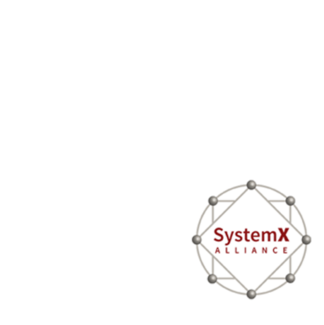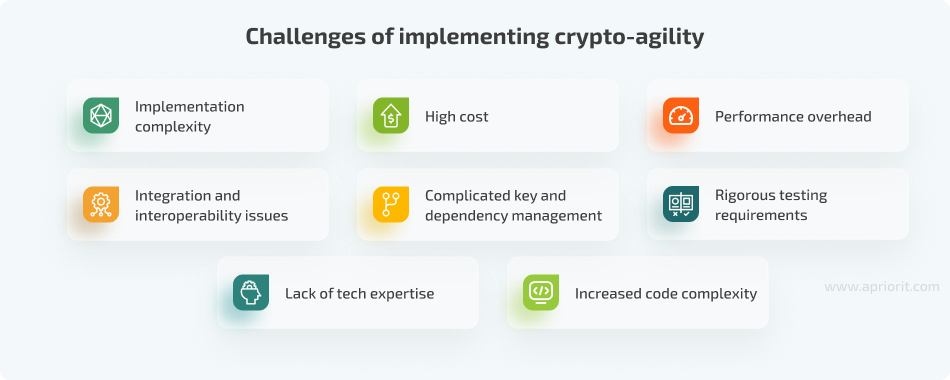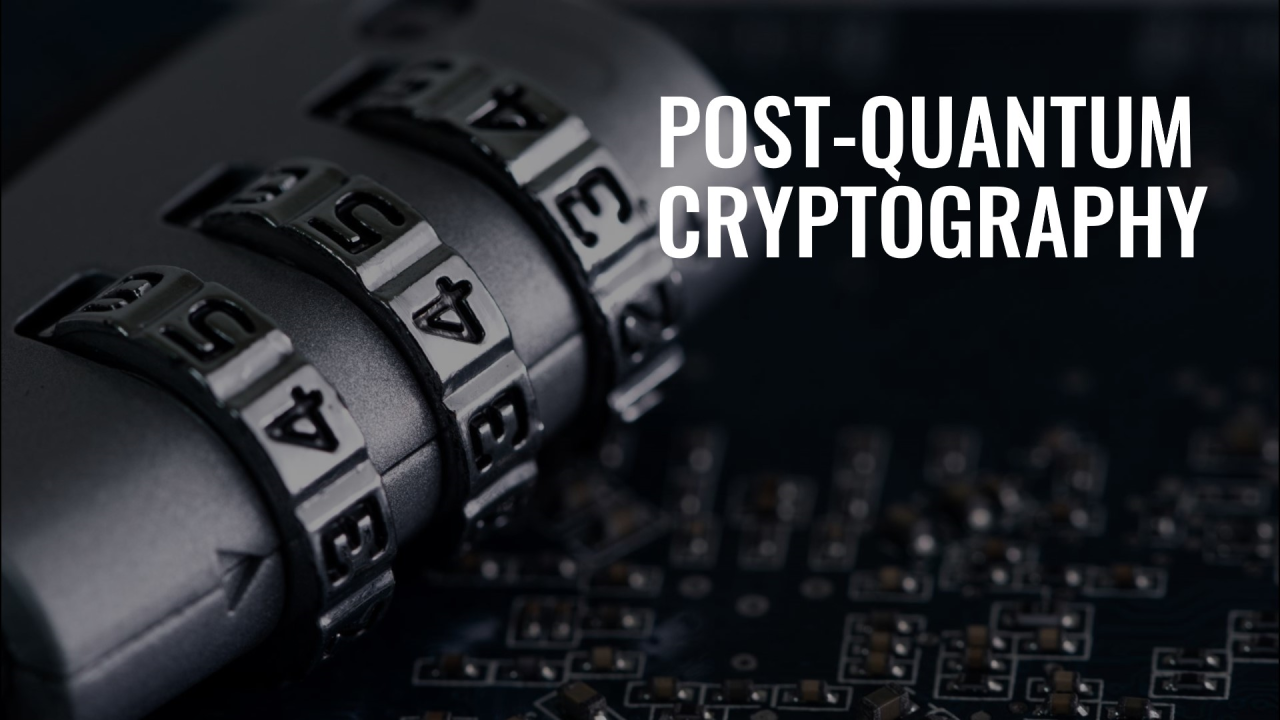Quantum cryptography is more than just a buzzword; it’s a leap toward securing your digital future. You might wonder why this cutting-edge technology hasn’t become a mainstream solution yet.
The answer lies in the complex challenges that come with its implementation. Imagine a world where your personal data is impenetrable, safeguarded by the laws of quantum physics. This is the promise of quantum cryptography. But before we can embrace its full potential, there are hurdles to overcome.
Are you curious about what these challenges are and how they might impact the security of your information? Keep reading to discover the intricacies of quantum cryptography and why understanding these challenges is crucial for you.

Quantum Basics
Quantum mechanics is a field of science. It looks at very tiny things. Atoms and particles are the focus. Particles can exist in many places at once. This is called superposition. They also link with each other. This is called entanglement. These ideas are very different from normal physics. They are hard to understand but very important.
In classical cryptography, keys keep information safe. These keys are numbers or letters. Quantum cryptography uses particles instead. It makes things safer. Quantum keys can change if someone looks at them. This makes them very secure. Classical methods do not have this feature. They rely on hard math problems. Quantum methods use physics. This makes them unique and special.
Key Distribution
Quantum cryptography faces hurdles in key distribution due to technological limitations and complex protocols. Implementing secure quantum key distribution requires advanced systems and infrastructure. Ensuring reliable transmission of quantum keys remains a significant challenge.
Quantum Key Distribution (qkd) Methods
Quantum Key Distribution uses quantum bits, known as qubits. These bits are very small and carry information. QKD methods are unique. They use quantum physics to keep data safe. Most common methods are BB84 and E91. BB84 is simple. It sends photons to share keys. E91 uses entangled particles. These particles are special. They can connect across distances. Both methods need secure channels. These channels protect against hackers. QKD is important for future security.
Challenges In Secure Key Exchange
Secure key exchange faces many challenges. Quantum computers can break current codes. This makes strong key exchange vital. Noise can affect quantum signals. It disrupts information flow. Maintaining signal strength is hard. Distance limits key exchange. Longer distances weaken signals. Equipment costs are high. Specialized tools are needed. They are expensive and complex. Understanding quantum physics is tough. Experts must know its rules. Secure key exchange needs careful planning.
Technical Barriers
Building quantum computers is very hard. They need special materials. These materials are not easy to find. Devices must stay cold. Super cold. Just like outer space. This makes them costly. Not everyone can afford them. Only big labs can.
Quantum signals are very weak. They are sensitive. Small noise can break them. Errors happen a lot. Fixing them is tricky. Error correction is needed. It is not perfect yet. Scientists work on it. They try to reduce noise. It is a big challenge.

Scalability Issues
Quantum cryptography needs special networks. These networks must handle quantum signals. Regular networks can’t do this easily. It needs new infrastructure. That means new cables and devices. Each device must work together. This is often hard and costly. Many places need new setups. This takes time and effort. Experts must solve many issues. It can be hard to get everything right.
Building quantum systems costs a lot of money. Special equipment is needed. These are not cheap. Also, experts are needed. They help set up and maintain systems. Training people is important. It takes money and time. Resources must be used wisely. Not all places have enough money. This can slow down progress.
Security Concerns
Quantum cryptography promises strong security. But it has risks. Attackers might find weak points. These vulnerabilities could expose sensitive data. Systems can be targeted in various ways. Understanding these risks is important.
Quantum systems face unique challenges. Hackers may exploit them. They can use advanced techniquesto break security. Quantum systems need careful protection. Strong measures must be taken. Keeping data safe is essential.

Regulatory Hurdles
Standards are rules that people agree on. Quantum cryptography needs these rules too. Different countries have different standards. This makes it hard for everyone to agree. Companies want to make sure their technology works everywhere. But without common standards, it’s tough. Organizations are working hard to set these rules. They want everyone to follow the same guidelines. This will help all countries and companies work together. It will also help the technology grow faster.
Quantum cryptography is new and exciting. But with new things come questions. Who owns the data? Is it safe? These questions are important. Laws must protect people’s rights. They must also guide how data is used. Some worry about privacy. Others worry about fairness. Everyone wants to feel safe. Governments and experts talk about these issues. They want to find the best solutions. They want to make sure everyone benefits.
Future Prospects
Quantum cryptography faces hurdles in practical use, such as technological limitations and high costs. Ensuring secure data communication requires overcoming these challenges. The future of this technology depends on solving these issues efficiently.
Advancements In Technology
Quantum technology is growing fast. Scientists work on new ways to use it. This can make computers and communications safer. Better tools and methods are helping. They make the technology more useful. Every year, these tools get smarter. They also get cheaper. Soon, many people might use them. Quantum cryptography could become a part of everyday life. It might help protect our data better than ever before.
Potential For Global Adoption
Many countries look at quantum cryptography. They see it as a way to secure information. Governments and companies want to use it. They think it can help keep secrets safe. This might change how we share information around the world. Some places are starting to test it. They want to see how well it works. If it does well, more places will use it. It could become a global standard.
Frequently Asked Questions
What Is Quantum Cryptography’s Main Challenge?
Quantum cryptography faces significant implementation challenges due to the fragility of quantum states. These states are easily disturbed by environmental factors. Maintaining their integrity over long distances is difficult, requiring advanced technology. This makes real-world applications complex and costly, limiting widespread adoption.
How Does Quantum Key Distribution Work?
Quantum key distribution (QKD) uses quantum mechanics to secure communication. It involves exchanging quantum states between parties. Any eavesdropping attempt alters these states, which reveals the intrusion. This ensures secure key exchange, but implementing QKD requires sophisticated equipment and infrastructure.
Why Is Quantum Network Infrastructure Complex?
Quantum network infrastructure is complex because it relies on maintaining quantum coherence. Quantum states are delicate and easily disrupted, demanding precise conditions. Creating stable networks that support quantum communication is challenging and resource-intensive. This complexity hinders widespread quantum cryptography deployment.
Can Quantum Cryptography Be Integrated With Existing Systems?
Integrating quantum cryptography with existing systems is challenging due to compatibility issues. Classical systems and quantum systems operate differently, requiring new protocols. Bridging these differences needs advanced technology and expertise, which can be costly. However, research is ongoing to find feasible integration methods.
Conclusion
Quantum cryptography faces real-world hurdles. Scaling is tough. Costs are high. Compatibility issues persist. Yet, its promise remains strong. Secure communication is vital. Quantum cryptography offers that security. Technological advancements could ease implementation. Continued research is crucial. Collaboration among experts drives progress.
Challenges can be overcome with time. Patience is key. Innovation follows perseverance. Understanding these hurdles helps us prepare better. The future holds possibilities. Quantum cryptography might become more accessible soon. Stay informed. Keep learning. Embrace change.
Read More:
- Network Automation Tools ROI: Boosting Efficiency & Savings
- Noise‑Cancelling Earbuds Battery Life: Maximize Your Usage
- Ci/Cd Pipeline Tools Comparison: Boost Your DevOps Efficiency
- Serverless Vs Containerized Workloads: A Comparative Guide
- Vr Content Creation Tools 2025: Revolutionize Your Creations
- Best Gaming PC Build under $1500: Ultimate Performance
- Best Cross‑Platform Mobile Frameworks 2025: Top Picks
- Javascript Frameworks Benchmark 2025: Speed & Performance

